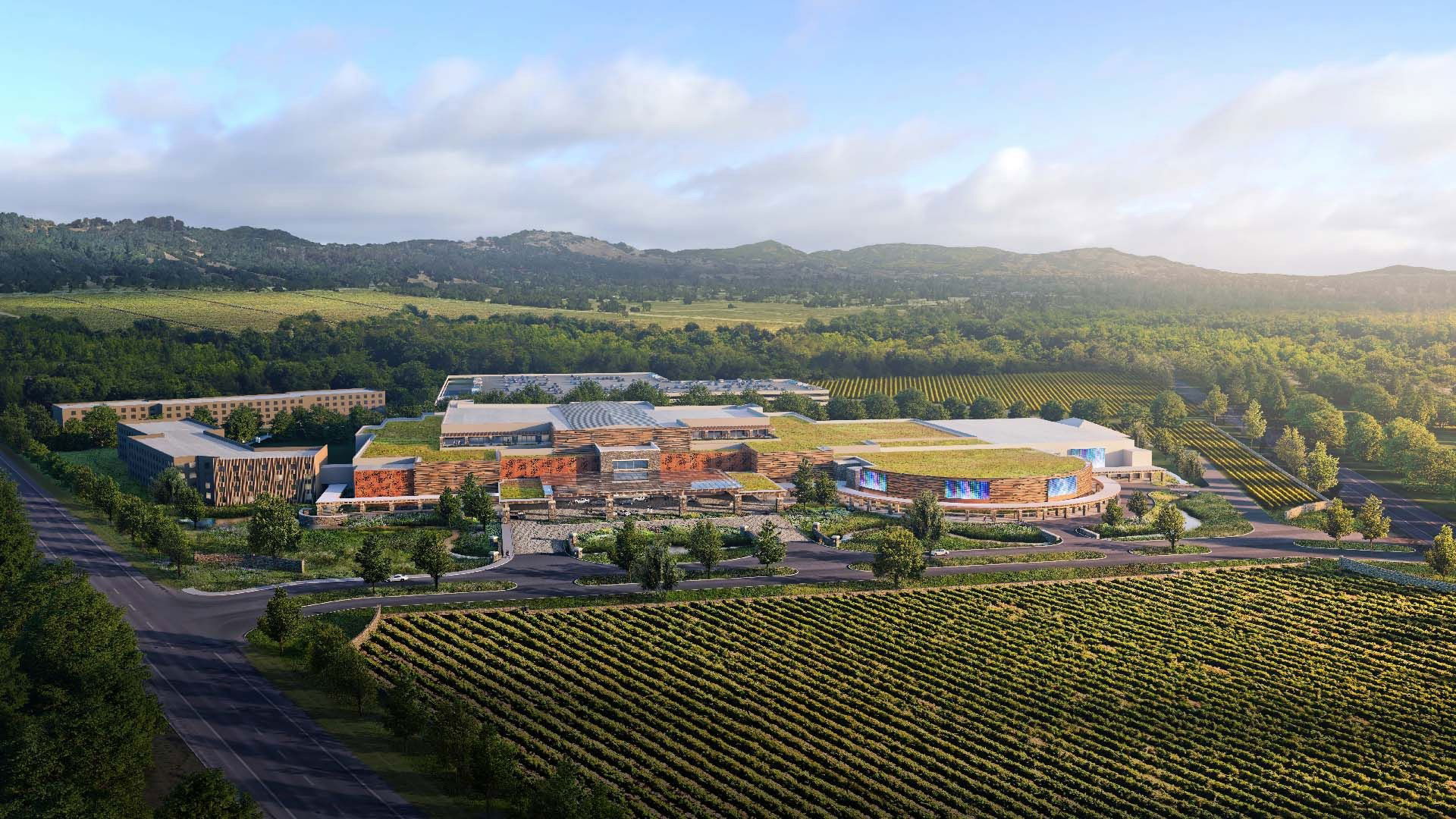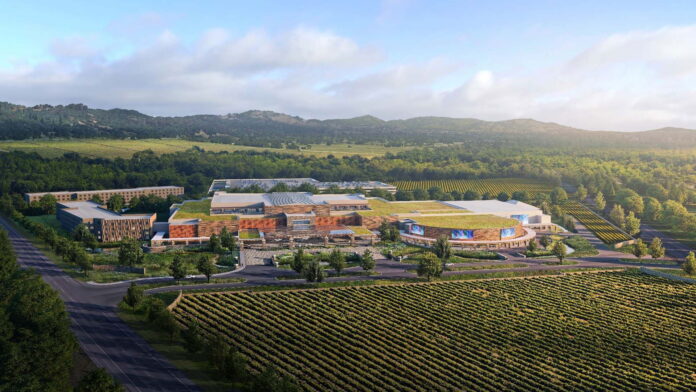
The Koi Nation, a small band of Southeastern Pomo Indians, has secured federal approval to develop a casino on 68 acres of land near Windsor, California, despite opposition from neighboring tribes and local residents.
U.S. Interior Secretary Deb Haaland issued a “record of decision” last week, granting the land-to-trust status required for the project under the Indian Gaming Regulatory Act (IGRA), The Press Democrat reported.
The approval hinges on the “restored lands exception,” a provision allowing tribes previously terminated and later restored to federal recognition to establish gaming operations. The Koi argued they were “de facto terminated” when their federally recognized status was stripped in the 1950s, leaving them landless. In 2019, a federal judge sided with the tribe, paving the way for the current decision.
The proposed Shiloh Resort and Casino will feature a 400-room hotel, a 530,000-square-foot gaming floor, and over 2,750 gaming devices.
The decision has drawn sharp criticism from other tribes. Greg Sarris, chairman of the Federated Indians of Graton Rancheria, argued the ruling stretches the intent of tribal gaming regulations.
“This new interpretation pits tribes against one another and I sincerely hope that common sense will eventually be inserted into this process and the Department of Interior’s regulation be followed,” Saaris was quoted as saying in the report, emphasizing the importance of adhering to existing guidelines.
The Lytton Rancheria expressed similar concerns. Chair Andy Mejia warned the decision could lead to a “free-for-all” in tribal gaming, potentially undermining sovereignty and encouraging “casino shopping” in urban areas.
Koi attorney Michael Anderson defended the decision, asserting it was based on “voluminous evidence” and met all regulatory requirements. Experts suggest that fears of unchecked casino expansion may be overstated, as few tribes meet the criteria for restored lands exceptions.














